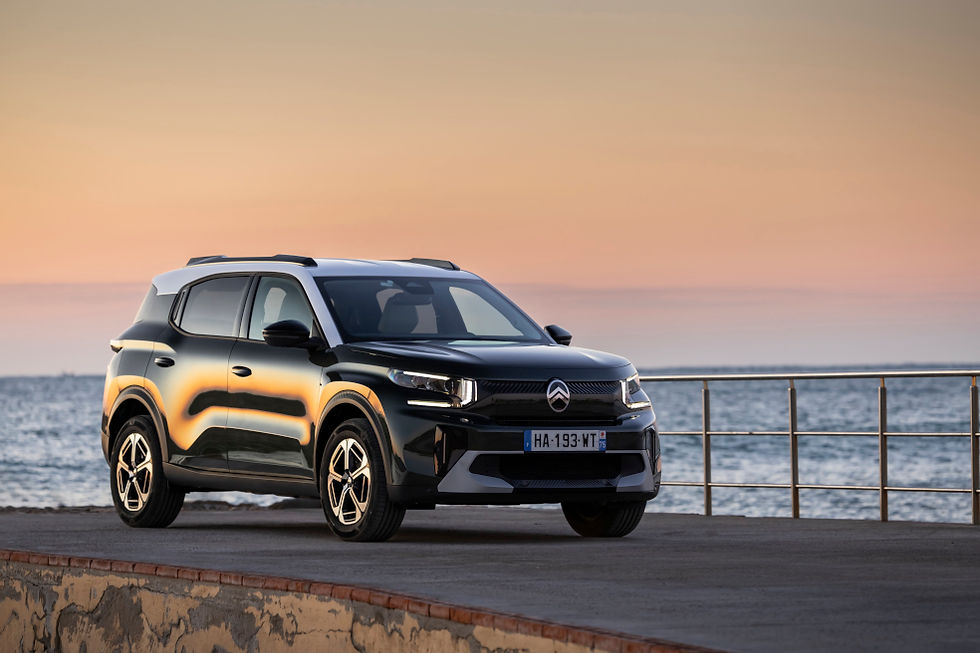Citroën C3: Very poor crash test results LatinNCAP
- Jérémy

- Jul 18, 2023
- 2 min read

The Citroën C3, which has been on sale in Latin America since September 2022, particularly in Brazil, is the first car in the C-Cubed programme, which aims to develop international sales. A few months after its launch, the C3 has just passed crash tests in South America and the results are very disappointing.
The Citroën C3 manufactured and sold in Latin America has therefore been subjected to the LatinNCAP safety tests, which are equivalent to the EuroNCAP tests for vehicles sold in Europe. And the results obtained by the latest addition to the Citroën range in Brazil are frankly poor, as the C3 does not receive any stars for safety.
The comments made by the LatinNCAP organisation were also not kind to the Stellantis group, stating that the C3 "has an unstable structure, weak protection against frontal impacts, a lack of side protection for the head and a lack of seat belt reminders. In a frontal collision, there was poor protection of the driver's thorax and marginal protection of the passenger's thorax, probably due to the lack of seat belt tensioners. The structure and the foot area were described as unstable. The side impact against the pole was not performed because the car does not have side protection, either as standard or as an option. Whiplash protection failed on the neck of an adult. "

Sold as one of the cheapest cars in Argentina, the C3 therefore suffers in its LatinNCAP results with surprisingly poor results for a car designed by the Stellantis group, but again the LatinNCAP organisation is very critical of the group after a series of disappointing results for various brands and models of the group. Indeed, Alejandro Furas, Secretary General of LatinNCAP, says: "It is alarming that Stellantis continues to neglect the basic safety of Latin Americans and it is unacceptable that their vehicles achieve such a low level of safety when they know very well how to produce affordable and much safer cars. Stellantis recently stated that it is "reinforcing its commitment to the constant evolution of the safety of its products and launching models with high engineering, quality and the most rigorous certifications"; with this result, added to the poor performance of the Strada, 208, Cronos/Argo, among others, Latin NCAP urges them to review these requirements, which are far from what consumers in the region demand and deserve".
Following the announcement of these results, which were unwelcome to say the least for the career of the C3 and problematic for both the group and the brand, Stellantis reacted with an official press release stating that the group "reaffirms its commitment to automotive safety by developing modern vehicles adapted to each segment. It also reaffirms that all its vehicles strictly comply with all the regulations in force".
The very poor results obtained by the Citroën C3 in these LatinNCAP safety tests are a blow to its commercial career, as they could indicate that it does not offer sufficient safety, even if it meets the legal criteria in force in Latin America. . No worries for the future European version, because even if it uses the Brazilian C3 platform, the modifications are so important that the future European C3 will be at the level of the group's vehicles in Europe.





Comments